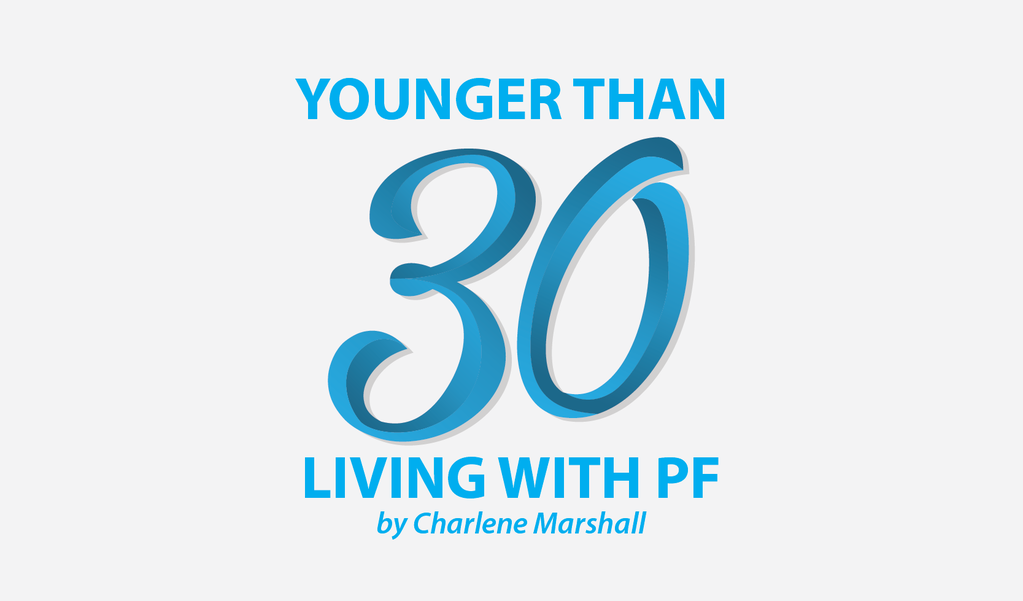Social Media and My IPF Story: A Public to Private Journey
Written by |


In my experience, online virtual support groups are growing — allowing conversations among people living with various sensitivities or intolerances, to those diagnosed with cancer, lung diseases, etc. It’s really interesting to think of how peer support has changed in the past decade with internet use.
Personally, I scroll through various blogs and belong to several groups for people living with idiopathic pulmonary fibrosis (IPF). And, for the most part, it really has been helpful to observe the journeys taken by others living with the same disease as I. That said, and despite how much I read through others’ posts, I am still cautious about the use of social media when sharing my own IPF story.
I suppose that I have chosen to share my IPF story as the author of these columns. However, I am cautious specifically around the use of pictures, test results, upcoming appointments, or next steps as my disease progresses. I am cautious because I never really know what might emerge from sharing my story, being as rare as it is, and in living with rapidly progressing IPF before I turn 30.
As a result of these columns and joining discussions in advocacy or support groups for IPF, I have made an amazing online community of friends that truly understand what I am going through. What I didn’t expect though was to be asked to be the face of a campaign in the fight against IPF. This was particularly true of one U.S.-based company, and it left me with a very sour taste in my mouth.
To me, there is a fine line between patient advocacy and being involved in a campaign that matters to you, and requests that are made of you that are clearly driven by an ulterior organizational motive. This is certainly not true of all the amazing opportunities that have come my way as a result of my diagnosis. For example, I am excited to become involved with another U.S. company’s project, and I am currently exploring ways as to how the patient voice can become a part of its work. This is a point I am very passionate about and think is extremely important.
Most of my experiences as a result of sharing my story have been positive, but there are people out there who will hear your story in its rarity, and hope to connect with you for some personal or professional gain. I was speaking today with another friend, albeit very briefly, who also suffers from a rare disease, and she informed me that a company attempted to use a photo of her without her permission. This was no doubt to benefit the company, and my friend shut that down as quickly as she could.
With all of this said, I think harnessing the power of social media to create awareness for things like rare diseases can be incredibly impactful. I do, however, encourage people to post and share details of their illness with caution, and really trust your instincts when something does not feel right.
Be mindful that there is room for being public with your journey, but it is important to remain private about some things as well — and that’s your right. Happy sharing!
***
Note: Pulmonary Fibrosis News is strictly a news and information website about the disease. It does not provide medical advice, diagnosis, or treatment. This content is not intended to be a substitute for professional medical advice, diagnosis, or treatment. Always seek the advice of your physician or other qualified health provider with any questions you may have regarding a medical condition. Never disregard professional medical advice or delay in seeking it because of something you have read on this website. The opinions expressed in this column are not those of Pulmonary Fibrosis News, or its parent company, Bionews Services, and are intended to spark discussion about issues pertaining to pulmonary fibrosis.






Vivica E
I totally agree regarding certain privacy on social media. I posted a link to the IPF newsletter on my Facebook page. Now not sure if a good idea?
Lea
Oh, I think it's okay to share a link. That's actually not something people react to, when they don't know what the illness is. I've shared many links to autism and Asperger syndrome sites. The only people who look at them are my autistic friends!
Mort
I am "new" to IPF. In researching the disease, most professional articles state that life expectancy is 2.5 or 3.5 to 5 years from diagnosis. Will anyone comment on these projections?
Thank you